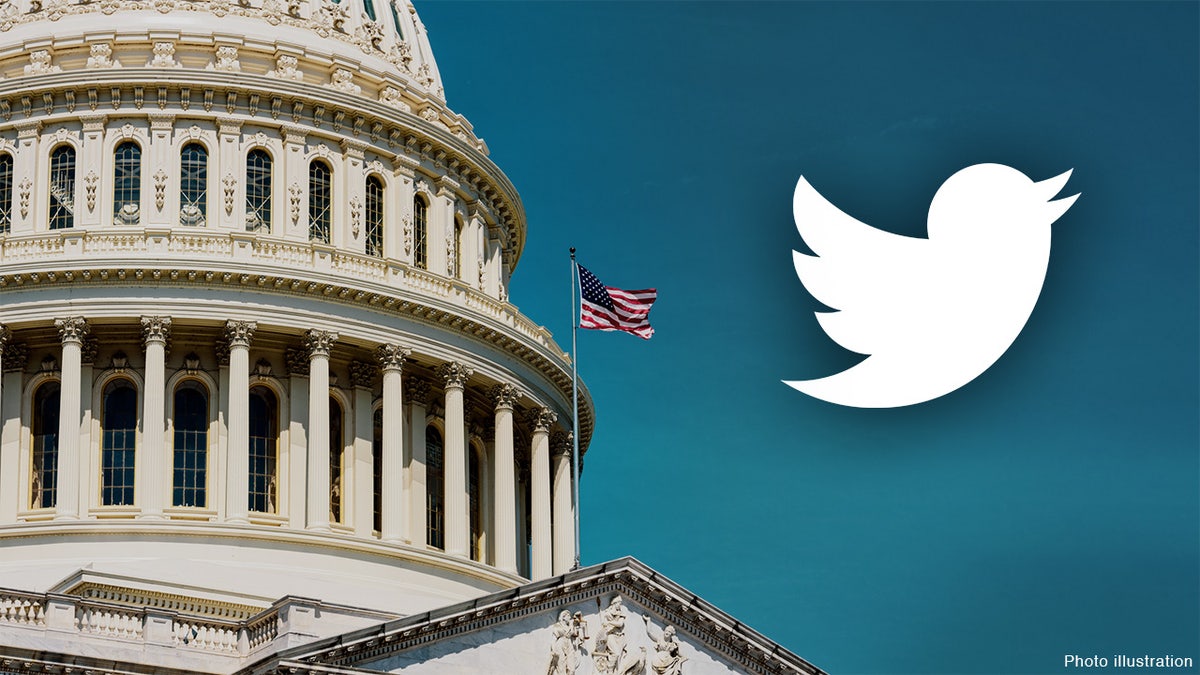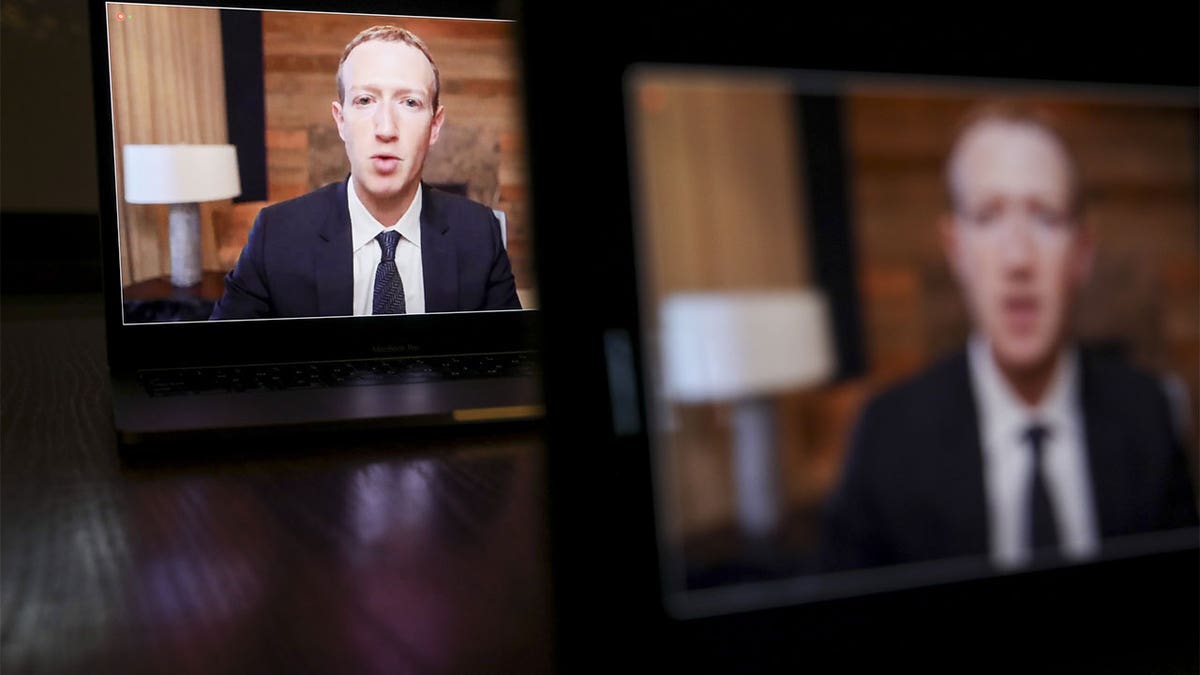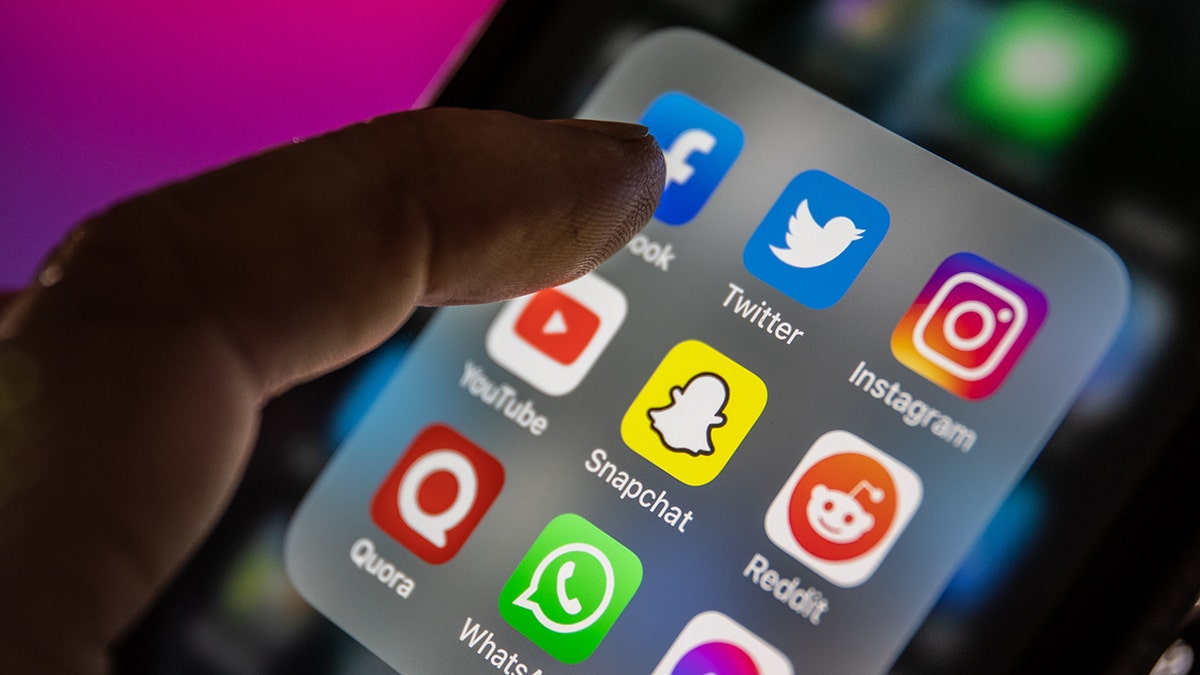How much does big tech coordinate with each other behind the scenes?
Vivek Ramaswamy weighs in on big tech's ongoing censorship fight on 'Unfiltered with Dan Bongino.'
The New York Times published an article in their business section Tuesday detailing efforts by Facebook, Twitter, TikTok, and YouTube to censor what they deem "political misinformation" and "disinformation" in the lead-up to the 2022 midterm elections.
The article, titled "To Fight Election Falsehoods, Social Media Companies Ready a Familiar Playbook," was written by Stuart A. Thompson, "a reporter on the Technology desk covering misinformation and disinformation."
"The election dashboards are back online, the fact-checking teams have reassembled, and warnings about misleading content are cluttering news feeds once again," Thompson began.
"As the United States marches toward another election season, social media companies are steeling themselves for a deluge of political misinformation," he continued.

Accessibility to Twitter has become one of the most salient household issues in American politics, now that the platform has been accused of political biases.
Thompson reported that big tech companies are "trumpeting a series of election tools and strategies that look similar to their approaches in previous years."
It was reported that Facebook would be more "targeted and strategic" in its warning labels and "expand its efforts to address harassment and threats aimed at election officials and poll workers."
Facebook CEO Mark Zuckerberg has previously admitted that political bias played a part in the company's censorship policies.
Thompson's report noted Twitter is trying to "navigate difficult freedom-of-speech issues," after Elon Musk "made freedom of speech a central criticism during his attempts to buy the company this year."
LISA BOOTHE: CHENEY, MCCONNELL HATE TRUMP BECAUSE HE ‘TRANSFORMED THE REPUBLICAN PARTY’

Mark Zuckerberg, chief executive officer of Facebook Inc., speaks virtually during a House Energy and Commerce Subcommittees hearing on a laptop computer in Tiskilwa, Illinois, U.S., on Thursday, March 25, 2021. (Daniel Acker/Bloomberg via Getty Images)
Musk has since attempted to terminate his agreement to purchase Twitter, citing what he alleges are financial and user misrepresentations by the company. Twitter has sued Musk to force him to follow through with the purchase, and the two sides are actively in litigation.
Thompson made no mention of Twitter and Facebook's erroneous decision to censor the Hunter Biden laptop story by the New York Post in the weeks before the 2020 election because of false claims that the story was Russian disinformation. He also made no reference to concerns that have been raised by conservatives about political bias being exercised by the large social media companies.
Chinese-owned TikTok, which has repeatedly allowed the Chinese government to access the data of U.S. users, is also taking steps to censor political content in advance of the 2022 midterms. According to Thompson, TikTok will "continue its fact-checking program from 2020, which prevents some videos from being recommended until outside fact-checkers verify them."

In this photo illustration a man looks at his Twitter account that is displayed on a smartphone screen on May 08, 2021. (Matt Cardy/Getty Images)
CLICK HERE TO GET THE FOX NEWS APP
Meanwhile, Thompson criticized YouTube for not doing enough to combat misinformation, at least historically. "The video streaming giant has played a major role in distributing political misinformation," he lamented.





















